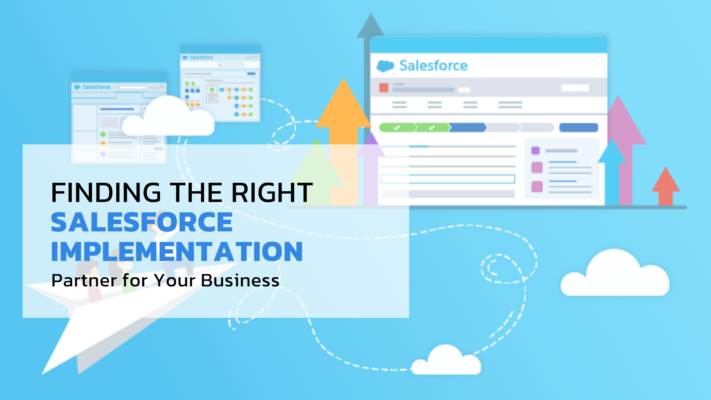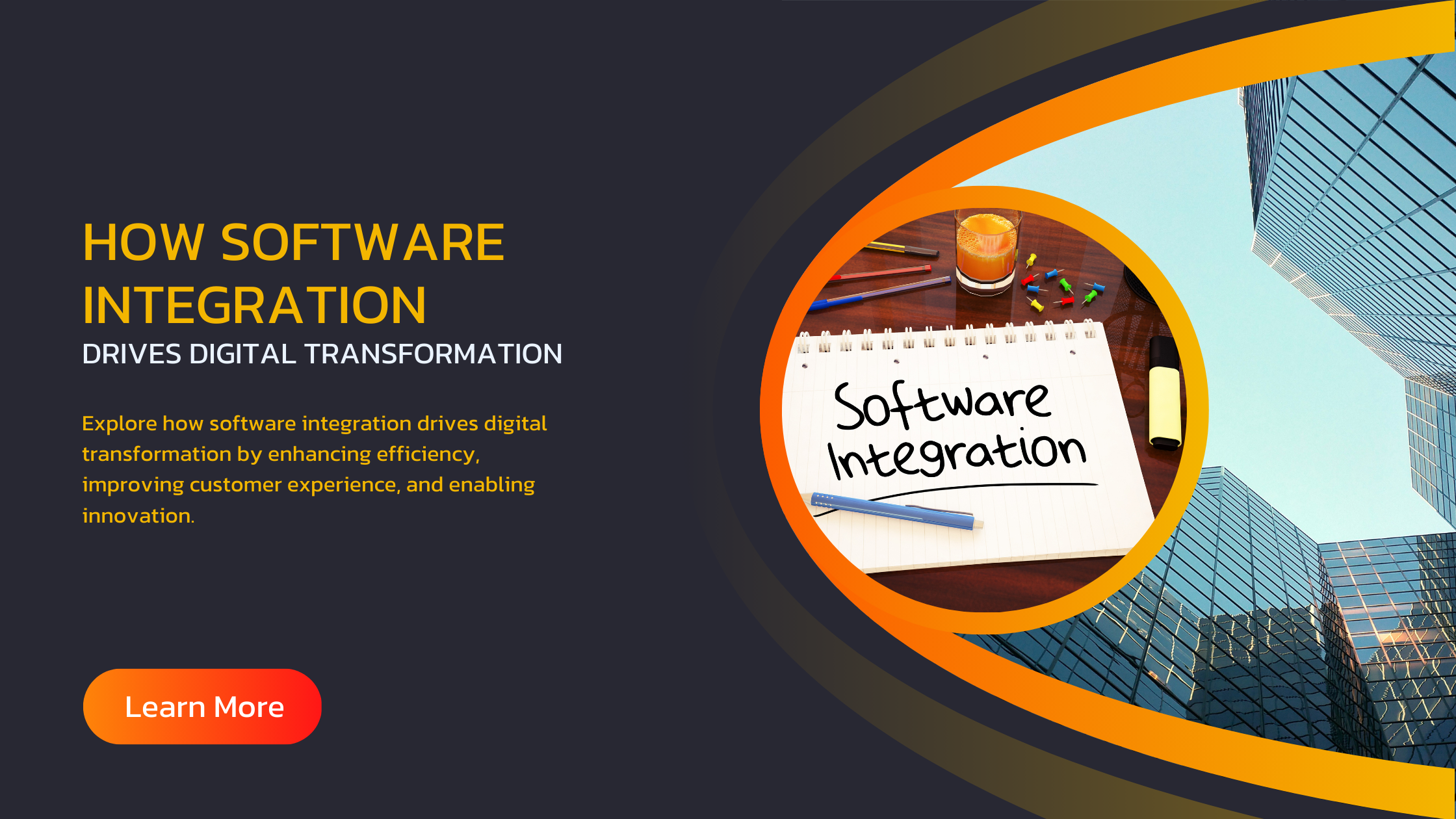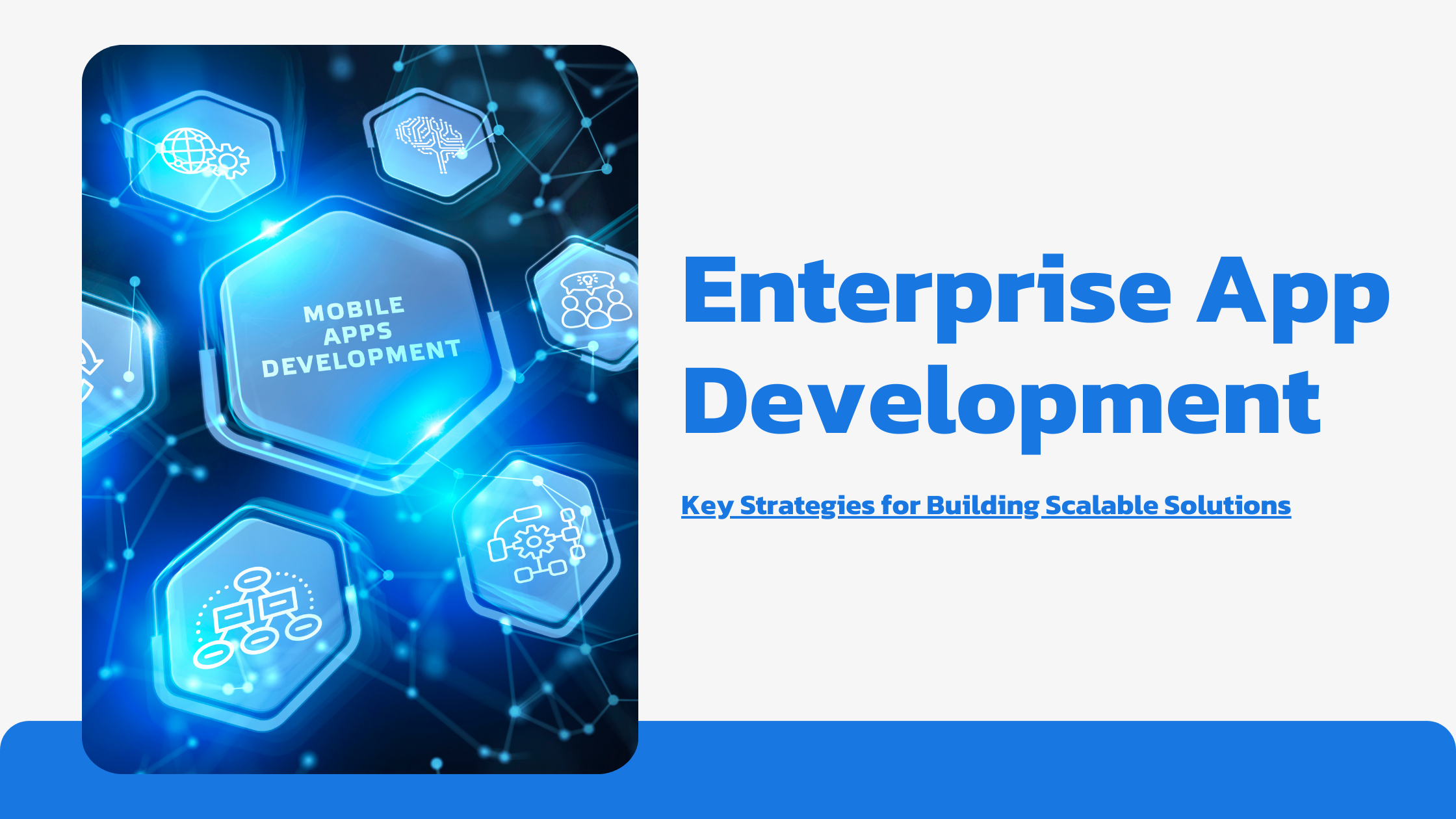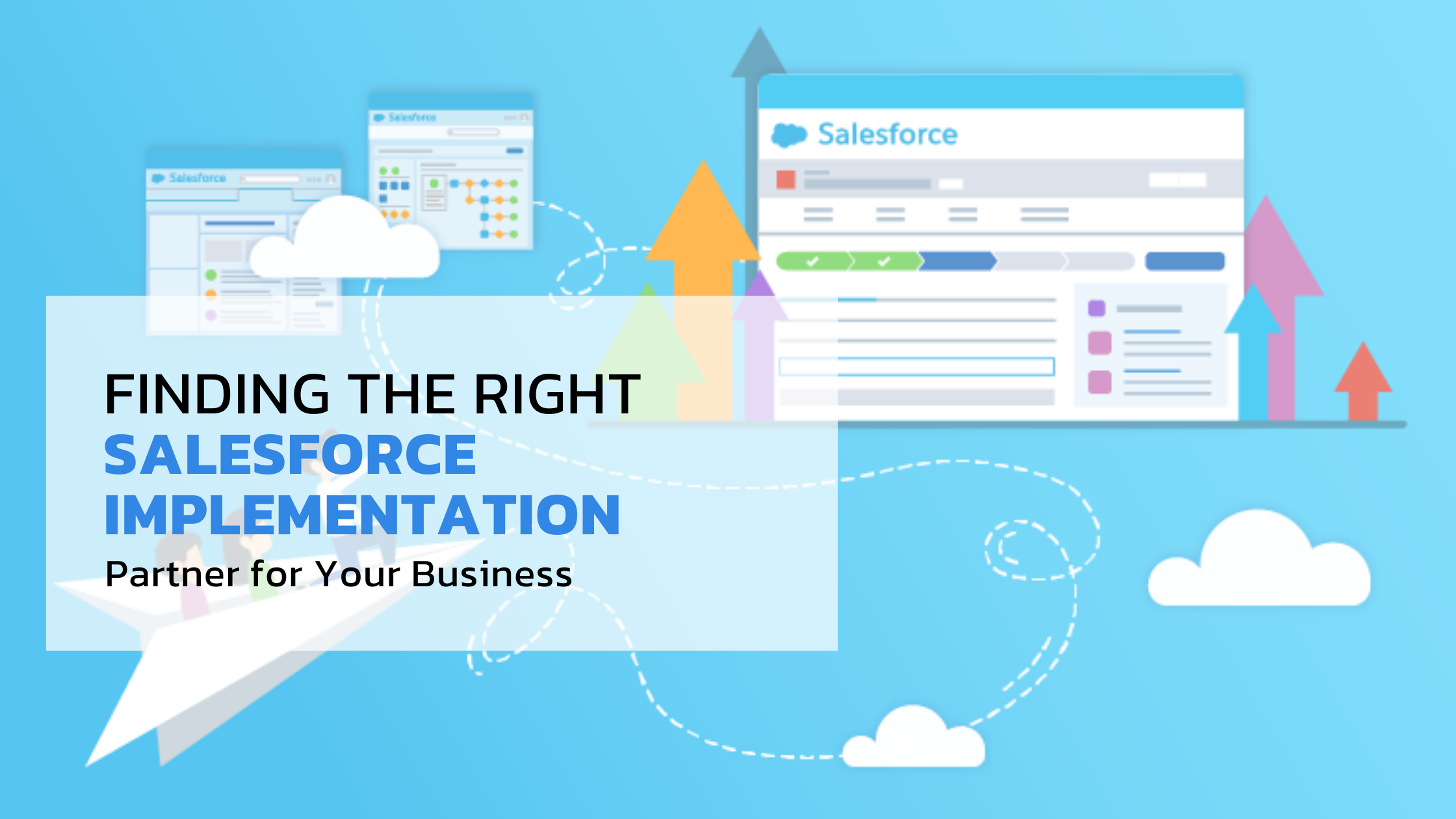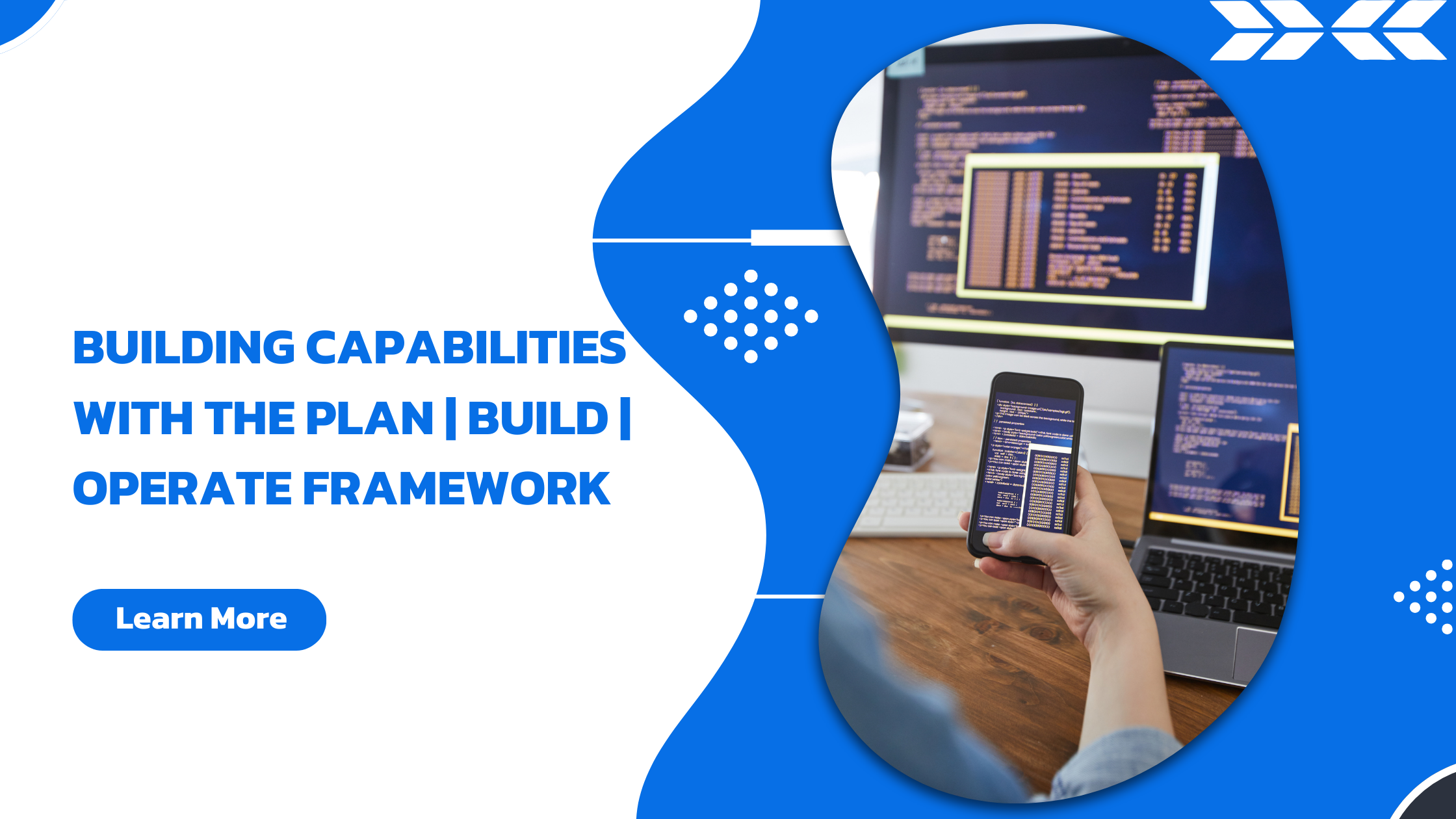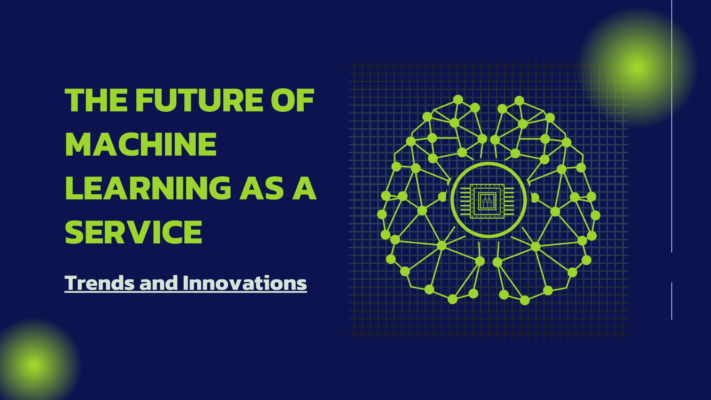
Machine Learning as a Service (MLaaS) has emerged as a transformative solution for businesses across various sectors. This paradigm enables organizations to leverage powerful machine learning technologies without the need for extensive in-house expertise or infrastructure. As MLaaS continues to evolve, it opens up new opportunities and innovations that can drive efficiency, enhance decision-making, and enable companies to remain competitive in the ever-changing technological landscape. This blog explores the future of Machine Learning as a Service, focusing on current trends, innovations, and the potential challenges organizations may face.
Understanding Machine Learning as a Service
Machine Learning as a Service refers to the delivery of machine learning capabilities via cloud-based platforms. It allows businesses to access advanced machine learning and AI tools, frameworks, and algorithms without the complexities of managing the underlying infrastructure. MLaaS providers typically offer a range of services, including data preparation, model training, deployment, and performance monitoring.
Key Features of Machine Learning as a Service
1. Scalability: MLaaS platforms can easily scale resources based on demand. Organizations can adjust their usage of machine learning services according to project requirements, eliminating the need for upfront investment in hardware.
2. Cost-Effectiveness: With MLaaS, businesses can adopt a pay-as-you-go model, paying only for the resources they use. This model significantly reduces costs associated with maintaining dedicated hardware and personnel for machine learning tasks.
3. Accessibility: MLaaS democratizes access to machine learning technologies. Businesses of all sizes can harness the power of machine learning, enabling them to compete with larger enterprises.
4. Rapid Deployment: Organizations can quickly deploy machine learning models using MLaaS platforms. This rapid deployment capability accelerates time-to-market for new applications and services.
5. Expertise and Support: Many MLaaS providers offer AI consulting services and support, helping organizations navigate the complexities of implementing machine learning solutions effectively.
Trends Shaping the Future of Machine Learning as a Service
The landscape of Machine Learning as a Service is continually evolving, driven by advancements in technology and changing business needs. Here are some key trends shaping the future of MLaaS:
1. Increased Adoption of Edge Computing
As the demand for real-time data processing grows, businesses are increasingly adopting edge computing in conjunction with MLaaS. Edge computing allows data to be processed closer to the source, reducing latency and improving response times.
For instance, industries such as manufacturing and transportation leverage edge computing to analyze data from sensors and devices in real time. This trend is expected to drive innovations in predictive analytics services, enabling organizations to make data-driven decisions quickly.
2. Expansion of Automated Machine Learning (AutoML)
AutoML is gaining traction as organizations seek to simplify the machine learning process. AutoML tools automate various stages of the machine learning pipeline, from data preprocessing to model selection and hyperparameter tuning.
With the increasing complexity of machine learning challenges, AutoML allows organizations to develop effective machine learning solutions without requiring extensive expertise. This trend is particularly beneficial for small and medium-sized enterprises (SMEs) that may lack the resources for dedicated data science teams.
3. Integration of Computer Vision Technologies
Computer vision is becoming an integral component of Machine Learning as a Service. Businesses across various sectors are harnessing computer vision technologies to extract valuable insights from visual data.
For example, retail companies utilize computer vision for inventory management, while healthcare organizations employ it for diagnostic purposes. As MLaaS continues to integrate computer vision capabilities, organizations will gain access to powerful tools for analyzing images and videos, driving innovation in their respective fields.
4. Growing Focus on Responsible AI
With the increasing deployment of machine learning solutions, organizations are prioritizing responsible AI practices. Responsible AI encompasses ethical considerations, transparency, and accountability in the use of machine learning technologies.
MLaaS providers are developing frameworks to ensure that machine learning models are fair, unbiased, and explainable. This focus on responsible AI aligns with regulatory requirements and societal expectations, ultimately fostering trust among users.
5. Enhanced Collaboration Between Humans and AI
As machine learning technologies become more sophisticated, the collaboration between humans and AI is expected to evolve. MLaaS platforms are facilitating this collaboration by providing tools that enable data scientists and business users to work together effectively.
For instance, organizations are utilizing interactive dashboards and visualization tools to communicate insights derived from machine learning models. This collaboration enhances decision-making processes and allows organizations to leverage the expertise of both human analysts and AI algorithms.
Innovations in Machine Learning as a Service
The future of Machine Learning as a Service is characterized by numerous innovations that will redefine how businesses leverage machine learning capabilities. Here are some notable innovations:
1. Serverless Machine Learning
Serverless machine learning is an emerging trend that allows organizations to build and deploy machine learning models without managing server infrastructure. This innovation simplifies the deployment process, enabling developers to focus on writing code while the MLaaS provider handles scalability and resource management.
Serverless architectures are particularly beneficial for organizations with fluctuating workloads, as they can dynamically allocate resources based on demand. This flexibility enhances cost-efficiency and allows businesses to experiment with new models quickly.
2. Advanced Natural Language Processing (NLP)
Natural Language Processing (NLP) is rapidly advancing, and MLaaS providers are integrating sophisticated NLP capabilities into their platforms. This innovation enables businesses to analyze and derive insights from unstructured text data, such as customer feedback, social media posts, and emails.
By leveraging NLP technologies, organizations can enhance customer experiences, improve sentiment analysis, and automate customer service interactions. The ability to understand and process natural language opens new avenues for businesses to engage with their audiences.
3. Integration of Robotic Process Automation (RPA)
The integration of Robotic Process Automation (RPA) with MLaaS is revolutionizing business processes. RPA solutions automate repetitive tasks, while MLaaS provides the intelligence needed to enhance decision-making within those processes.
For instance, organizations can automate data entry tasks and simultaneously apply machine learning algorithms to analyze the data collected. This combination improves efficiency and accuracy, enabling organizations to focus on higher-value activities.
4. Enhanced Data Privacy and Security Measures
As organizations increasingly rely on cloud-based MLaaS solutions, concerns about data privacy and security are paramount. In response, MLaaS providers are implementing robust security measures to protect sensitive data.
Innovations in data encryption, access controls, and compliance monitoring are essential for safeguarding data in MLaaS environments. Organizations must prioritize data privacy when selecting MLaaS providers and ensure that they comply with relevant regulations, such as GDPR.
5. Customizable Machine Learning Models
MLaaS platforms are moving towards offering customizable machine learning models that cater to specific industry needs. This innovation allows organizations to fine-tune pre-built models based on their unique data and requirements.
For instance, a healthcare organization may require a specialized predictive analytics model for patient outcomes. By providing customizable models, MLaaS platforms enable organizations to optimize performance and achieve better results.
Addressing Machine Learning Challenges

Despite the numerous benefits and innovations associated with Machine Learning as a Service, organizations face several challenges when adopting and implementing these technologies. Here are some common machine learning challenges and potential solutions:
1. Data Quality and Availability
One of the primary challenges in machine learning is ensuring data quality and availability. Poor-quality data can lead to inaccurate models and unreliable insights. Organizations must prioritize data cleansing, validation, and preprocessing to ensure that their datasets are suitable for training machine learning models.
To address data quality issues, organizations can invest in data management tools that automate the process of data cleaning and preparation. Additionally, establishing robust data governance frameworks can help organizations maintain data integrity and compliance.
2. Skills Gap in Machine Learning
The rapid advancement of machine learning technologies has led to a skills gap in the workforce. Many organizations struggle to find professionals with the necessary expertise to implement and manage machine learning solutions effectively.
To bridge this gap, organizations can invest in training and development programs for their existing employees. Collaborating with AI consulting services can also provide organizations with access to external expertise and guidance.
3. Model Interpretability
Understanding how machine learning models arrive at specific predictions is crucial for building trust in the technology. However, many machine learning models, particularly deep learning algorithms, can be challenging to interpret.
To enhance model interpretability, organizations can utilize tools and techniques that provide insights into model behavior. Techniques such as SHAP (SHapley Additive exPlanations) and LIME (Local Interpretable Model-agnostic Explanations) can help stakeholders understand the factors influencing model predictions.
4. Scalability and Performance
As organizations scale their machine learning initiatives, they may encounter challenges related to performance and scalability. Large datasets and complex models can strain resources, leading to slow processing times and delays in deployment.
To address scalability challenges, organizations should leverage cloud-based MLaaS platforms that offer elastic resources. By utilizing platforms that automatically scale resources based on demand, organizations can ensure consistent performance even during peak usage.
5. Ethical Considerations
The ethical implications of machine learning technologies cannot be overlooked. Organizations must consider the potential biases and unintended consequences associated with their models. Failing to address ethical concerns can lead to reputational damage and regulatory scrutiny.
Establishing ethical guidelines and practices for machine learning development is essential. Organizations should prioritize fairness, accountability, and transparency in their machine learning initiatives to foster trust among users.
Conclusion
The future of Machine Learning as a Service holds immense potential for organizations seeking to leverage advanced technologies to drive innovation and efficiency. As trends such as edge computing, AutoML, and responsible AI gain traction, organizations will have access to powerful tools that can enhance their operations and decision-making processes.
However, addressing challenges such as data quality, skills gaps, and ethical considerations is crucial for successful adoption. By prioritizing best practices and leveraging the expertise of AI consulting services, organizations can navigate the complexities of machine learning effectively.
As businesses embrace the transformative power of MLaaS, they will find themselves better equipped to thrive in an increasingly competitive landscape. Partnering with leading providers Upcore Technologies , can empower organizations to unlock the full potential of Machine Learning as a Service, driving growth and innovation in the years to come.
In summary, Machine Learning as a Service is not just a trend; it is the future of how organizations will harness the power of data and AI to drive their success. Embracing this future will require commitment, innovation, and a strategic approach to navigating the ever-evolving world of machine learning.




